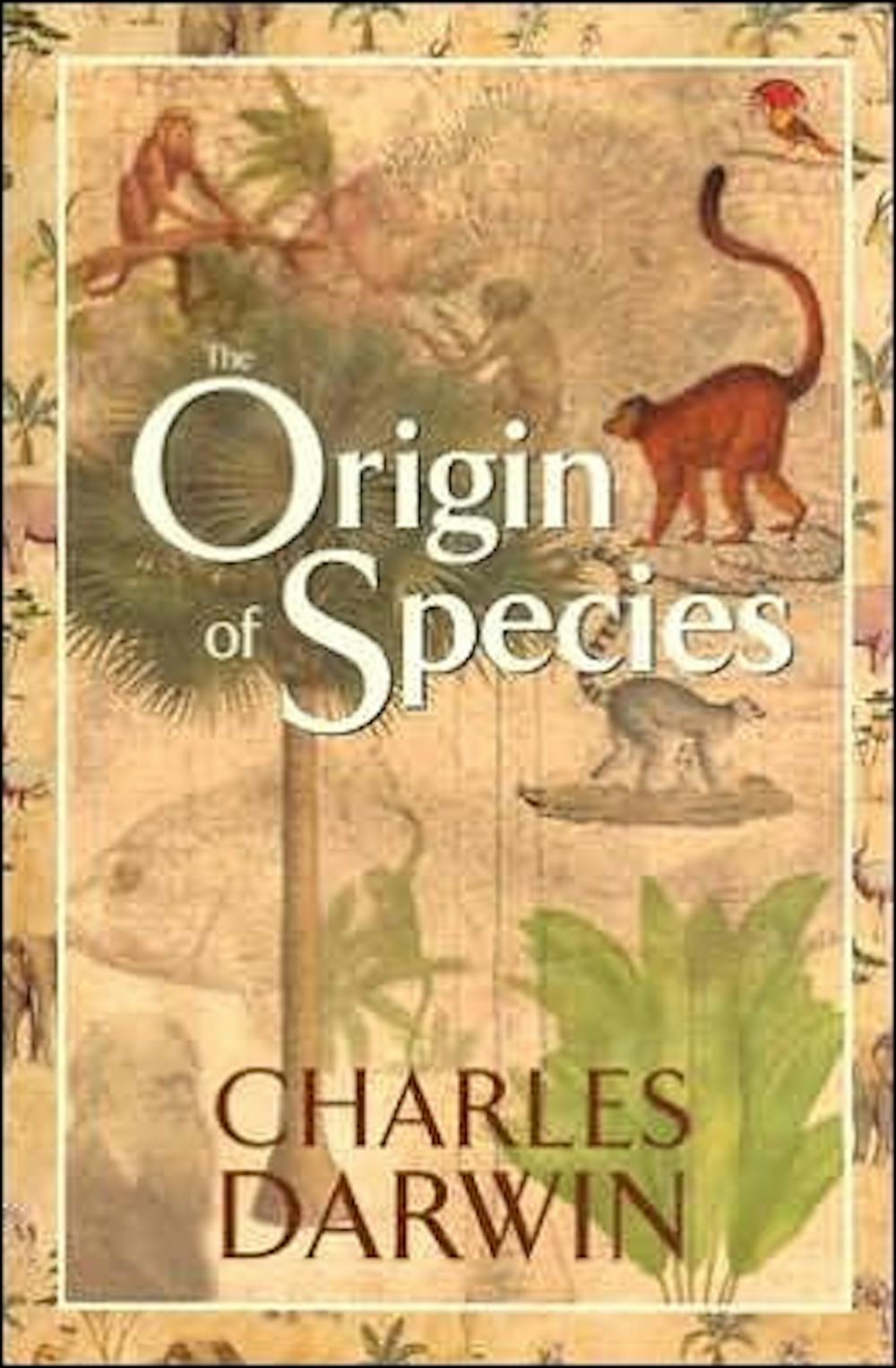Integrating skills myself
AT THE END OF THE DAY
- listening helps to write,
- reading oral scripts helps to speak,
- speaking helps to listen
PART I: Knowledge
Knowledge: nurture vs nature // Society vs individual
survival of the fittest: competitionsurvival of the friendliest: co-operation
Explain the two quotes (meaning)
quote 1- survival-of-the-fittest laws of nature,
which was used by some political theorists to justify
laissez-faire capitalism and political conservatism.
 |
| Tools make humankind - FIRE - women elicited |
quote 2- Mrs Thatcher - UK premier 11 years (1980s)
“History shows that all of the worst things which astate can inflict upon individual human beings are characteristically marked by some collective abstraction like ‘the State’, ‘society’,‘nation’, ‘race’, ‘proletariat’, whose interests are said to override those of the individual, and so justify the actions of the State” (Duncan and Hobson)
PART II: Rutger Bergman context
6-min video
|
PART IV: Follow up
Explore one of the following links (click there) andcollaborate with our WRITING wiki on Humankind
Rutger Bergman was recently ranked number ten
in the Big Issue’s Top 100 Changemakers of 2020.
- "Ideas can and do change the world," says historian Rutger Bregman
Rutger Bregman's viral speech in Davos Economic Summit 2019
it did not go down well with leaders - money matters -YouTube
LINK 5
1- Rutger Bergman considers himself to belong to a movement, a new generation of people who think we need both, to move on while we perform a massive transformation of the economy.
2- Terms as equality, philanthropy, universal basic income are very popular, but the clue is Taxes. Talk about raising taxes on wealthy people is still a taboo issue.
3- In his book talk not only about transgressor ideas such as open-borders, universal basic income, fifteen hours work week… but also about how to implement it.
4- The ideas exposed could sound crazy. However, History taught us that so-called crazy ideas sometimes became reality. A pair of recent examples are the democracy itself or the abolition of slavery.
- “Elephant on the room”: people are not comfortable speaking about some things at some places, despite these things are clearly visible for everyone… In the video, the “elephant” is “taxation” and the “room” is “Davos summit meeting”.
- “High taxes curtail the free market”: in the past, lower taxes for the lower and classes and higher taxes for the higher classes meant higher rates of economic growth & technology innovation.
- “Valuable jobs in public sector”: to consider that only the Private sector is creating wealth is false.
- “Liberal democracy defends philanthropy instead taxation”: in Davos-like places, philanthropy is just a distraction… It is OK to do philanthropy, but pay your taxes first.
LINK 5 - David J.:
- The author was inspired by the second world war and the cold war atrocities. He wanted to interrogate the very roots of human nature after seeing the evilness of their fellows and the ambition of power from the nations.
- The title comes from Beelzebub, a demon whose main traits are pride and war.
- Golding used character names from R.M. Ballantyne's book "Coral Island". The writer turned a pacific story into a dark one to represent what human beings can reach if they aren't socialized or even raised in a concrete education system.
- At the very start, the survivors try to set some logical order into their problem. Later, the castaways split out and start different tasks in each group. The rational group establishes forms of dialogue and democracy to overcome the issues while the other group follows its worst urges.



No comments:
Post a Comment